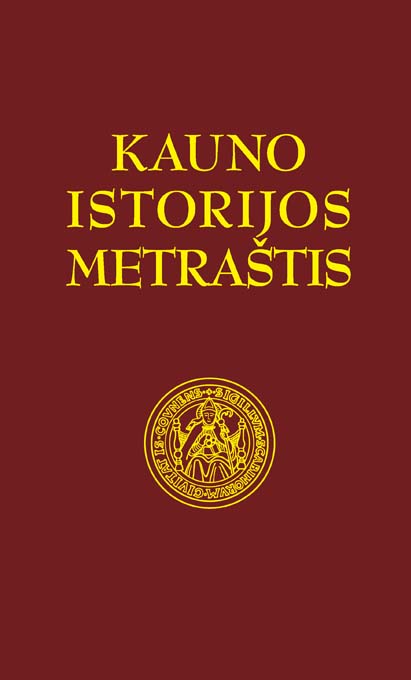Rusų švietimo organizavimas Kauno mieste XX a. 3–4 dešimtmečiuose
Organizing Education of Russian Population in Kaunas: The 1920s and 1930s
Author(s): Andrius MarcinkevičiusSubject(s): History, Cultural history, Social history, History of Education, Interwar Period (1920 - 1939)
Published by: Vytauto Didžiojo Universitetas
Keywords: Russians; Kaunas; Intelligentsia; Orthodoxy; Old Believers; Organizing Education; Cultural Identity
Summary/Abstract: There was a network of Russian education institutions in Kaunas consisting of two kindergartens, three primary schools, and one secondary school. Most of these schools were founded and supported by Russian intelligentsia, religious communities of Russian Orthodoxies and Old Believers, and Russian public organizations. Kaunas City Municipality and the Ministry of Education supported two Russian primary schools financially in the 1920s and 1930s, while the Russian Gymnasium of Kaunas Teacher’s Society (1920–1940) and primary school (1937–1940) next to it acted as private institutions. The Russian community in Kaunas consisted of different social groups, but there were intelligentsia among them who understood the importance of education in the native language for Russian youth very well. That is why the activity of all Russian schools in other cities and rural areas of Lithuania. The network served as an instrument of maintaining Russian cultural identity and inspiring integration to Lithuanian society as well. It should be noticed that non-formal education was also a very important instrument in order to preserve the identity of young Russian generation. Much attention was paid to ancient and modern Russian literature, history and geography of Russia, religious education, the ancient Slavic language, and choral singing during various additional sessions and cultural events in primary schools and gymnasium. Even though there was no Russian high school in Kaunas during this period, many graduates of the Russian Gymnasium had a possibility to study at Vytautas Magnus University. It was necessary to pass the Lithuanian language exam in order to study at the university. Most Russian students did not forget their ethnic origin during their studies. They participated in the activity of Russian student organizations that were in close relations with the Russian Gymnasium and public organizations in Kaunas. Some students became well-known persons in Kaunas and in emigration after World War II (for example, the USA and Australia).
Journal: Kauno istorijos metraštis
- Issue Year: 2015
- Issue No: 15
- Page Range: 149-166
- Page Count: 18
- Language: Lithuanian

